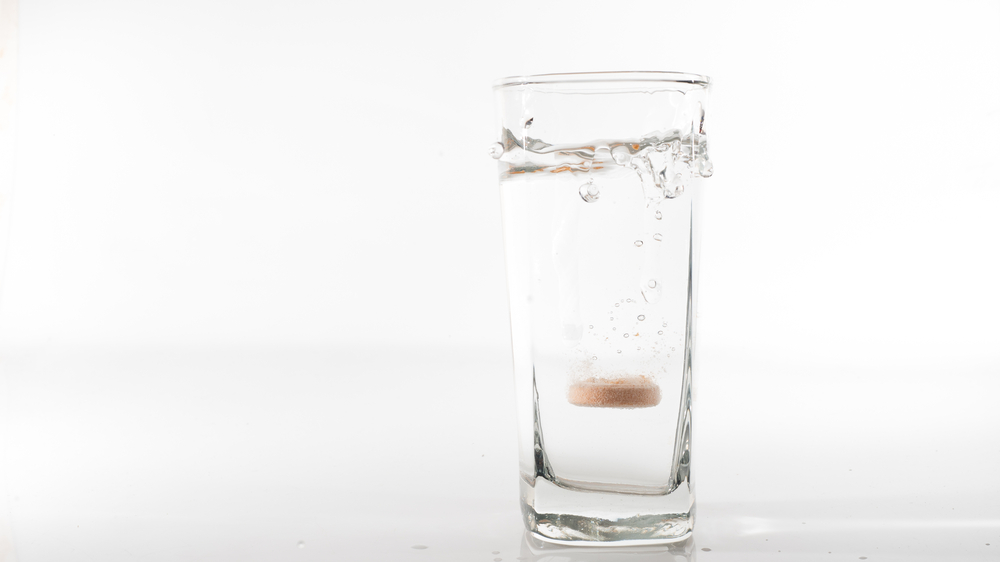
Vitamins that are water soluble means they can be washed out of your system so they need to be replaced often. Examples of these are the B group vitamins and Vitamin C.
B group vitamins
This is a group of 8 vitamins which are called B group vitamins. The B group, except for B12, are always in a hurry to go places so you need to top up with these vitamins all the time.
Vitamin C – ascorbic acid
Vitamin C is known to fight off infections that enter our body. Aside from that, it also helps in making collagen, a protein that the body needs to make healthy skin, blood, bones, cartilage, teeth and gums.
Vitamin C also helps to heal cuts and burns, helps your blood to flow properly and helps you to sleep. Because it doesn’t hang around in the body for very long you have to make sure that you get a daily supply.
You can get Vitamin C in: fresh, raw fruits like strawberries, guavas and kiwi fruit; Vegetables such as green and red peppers, tomato and broccoli, potatoes; Fruit juices and Citrus fruits like oranges, limes, grapefruit and lemons.
Overview and FactsTypes and SymptomsDiagnosis & MedicationsOverview and Facts Tetralogy of Fallot is a congenital heart defect that affects the [...]
Overview and FactsTypes and SymptomsDiagnosis & MedicationsOverview and Facts Trichinosis, also known as trichinellosis, is a parasitic infection caused by [...]
Overview and FactsTypes and SymptomsDiagnosis & MedicationsOverview and Facts Trigeminal neuralgia is a neurological condition characterized by severe facial pain. [...]